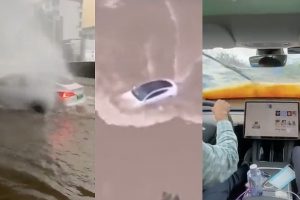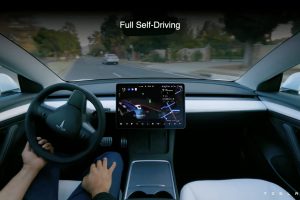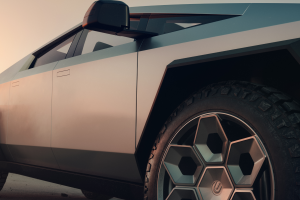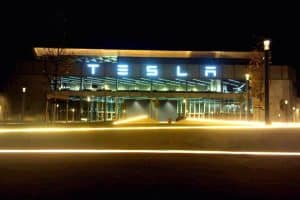For some legacy automakers, China’s electric car segment is becoming a white whale of sorts amid rising competition from younger, faster, and more aggressive rivals. This is partly the reason why Tesla and local EV makers such as BYD are finding success in China’s electric car segment, even as veteran automakers like BMW and Volkswagen see challenges in their efforts to saturate the domestic EV market.
Data compiled by the China Passenger Car Association (PCA) has revealed that local automakers accounted for nearly 80% of the country’s new-energy vehicle (NEV) sales through the first seven months of the year. While BYD, which also sells fossil fuel-powered hybrids in its lineup, is the runaway leader by raw volume, companies like Tesla and domestic-grown pure EV makers like NIO and Xpeng Motors are gaining momentum.
As noted in a Bloomberg News report, even companies such as Xpeng Motors and Hozon New Energy Automobile Co. — two automakers that are generally unknown outside China — are now outselling veteran automaker Volkswagen’s two joint ventures. American automaker General Motors is enjoying some success thanks to the $4,700 Hongguang Mini EV microcar, but China considers the vehicle a domestic product since GM’s stake in the brand is less than 50%.
Tesla has pretty much become the only foreign automaker that is competing extremely well in China, but this is likely due in part to the support being given to the company by authorities. Tesla is the only foreign carmaker allowed to operate a factory in China without a local partner, and since then, Giga Shanghai has become a point of pride of sorts for the country’s auto manufacturing sector. The fact that Giga Shanghai is now Tesla’s highest output facility is just icing on the cake.
PCA Secretary General Cui Dongshu noted that locally-made EVs typically have price as an advantage. This is certainly true for microcars like the Hongguang Mini EV, but even premium-priced EVs from companies that target the higher end of the market, such as NIO, simply offer far more than comparably-priced offerings from veteran carmakers.
Shanghai-based consultancy Autoforesight Co managing director Yale Zhang noted that legacy automakers are simply lacking in China. Compared to tech-laden vehicles from companies like Tesla or Xpeng or NIO, NEVs from legacy automakers typically lack range, feature outdated designs, lack smart technologies, and are overpriced to boot. In a way, it appears that veteran auto’s pedigree is starting to not matter very much, in China at least.
“Legacy automakers have barely any competitiveness in their electrified products. They are heavily relying on the path of gasoline cars. But a new toy like electric cars does not necessarily need a storied history,” Zhang said. “There’s not much loyalty in the Chinese consumer group. As long as they find affordable and reliable new-energy vehicles, it is easy for them to shift from Volkswagen, Nissan, or Toyota.”
The end of 2022’s third quarter is approaching, and with that, another month of NEV sales will be released from China. With Gigafactory Shanghai focusing its efforts on the domestic market, Tesla has a solid shot at posting impressive numbers this coming September. These potential results would all but emphasize the emerging trend in China’s electric car segment — if a serious effort is made to produce compelling EVs, consumers will know, and sales will follow.





